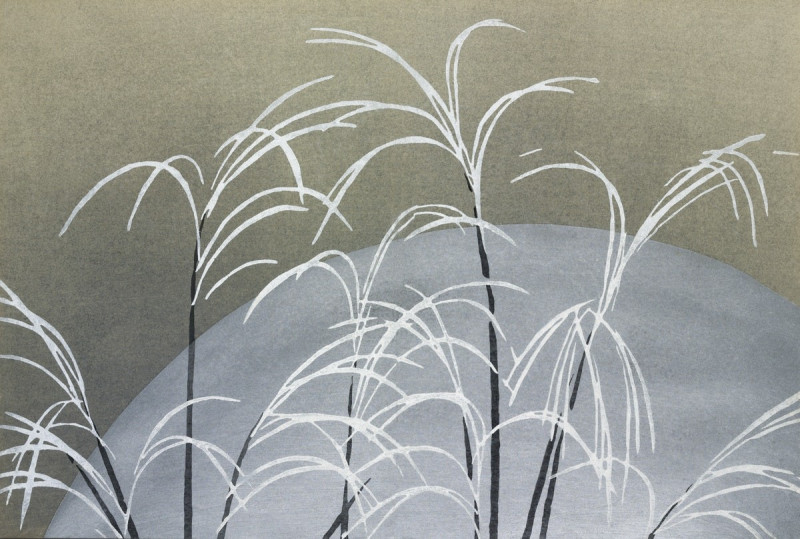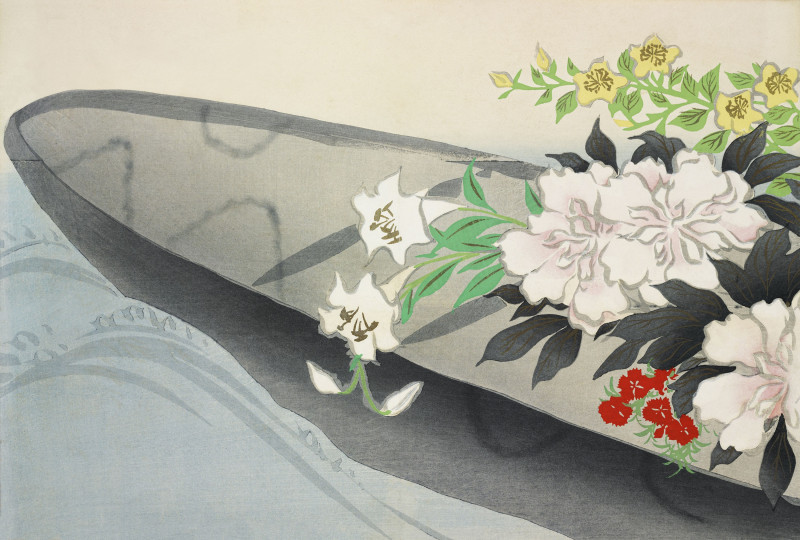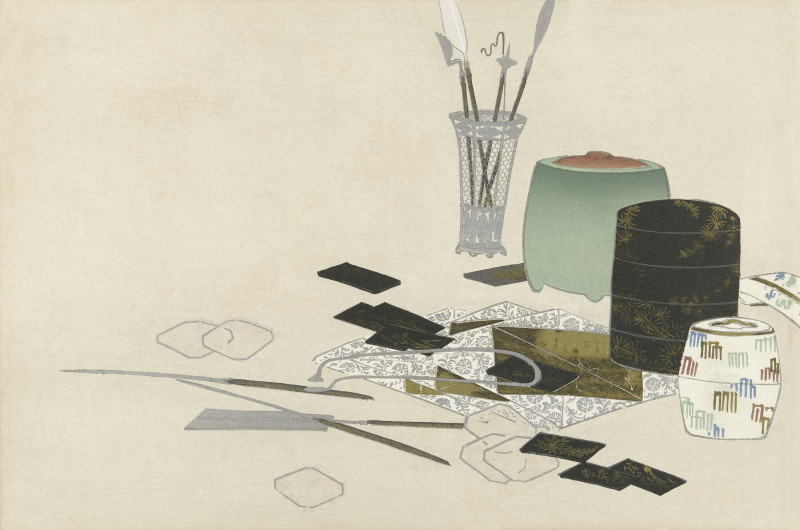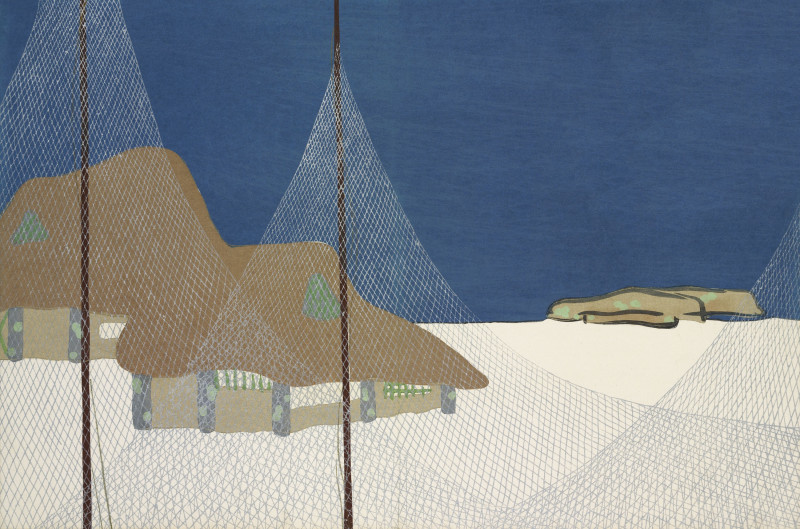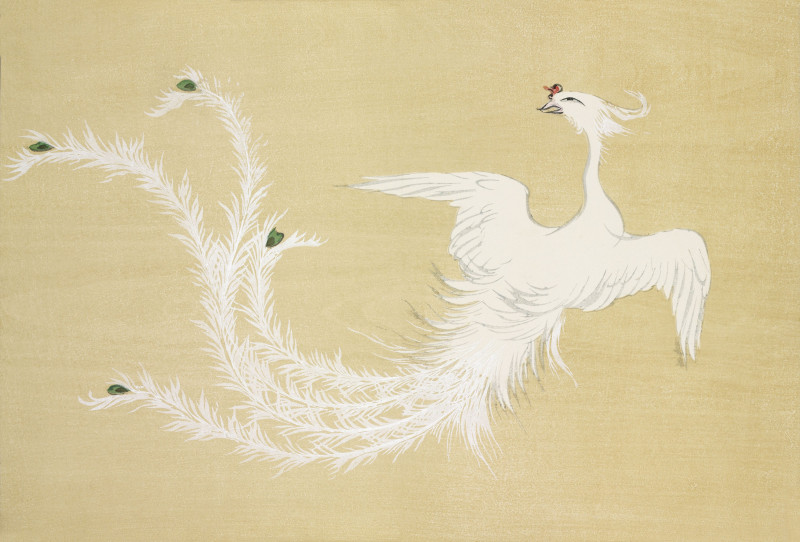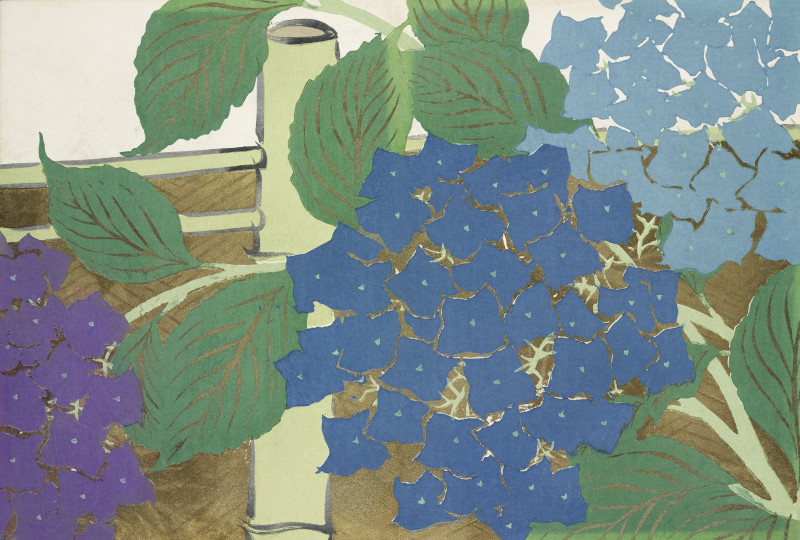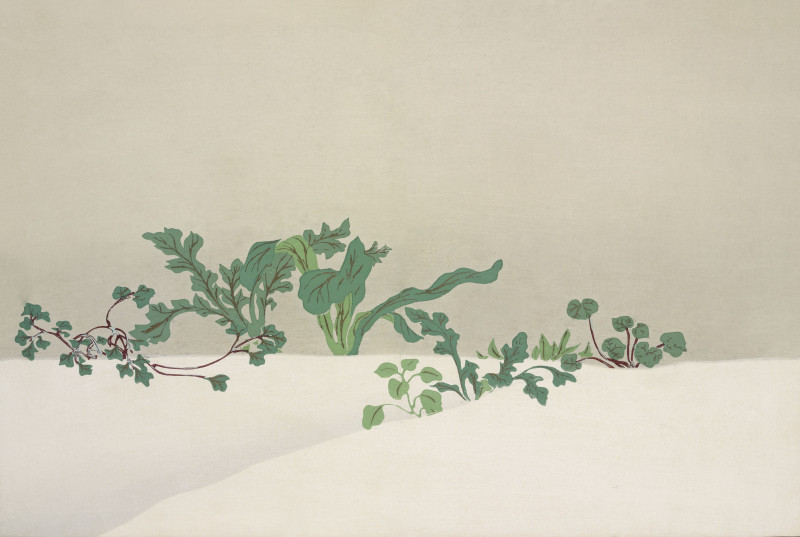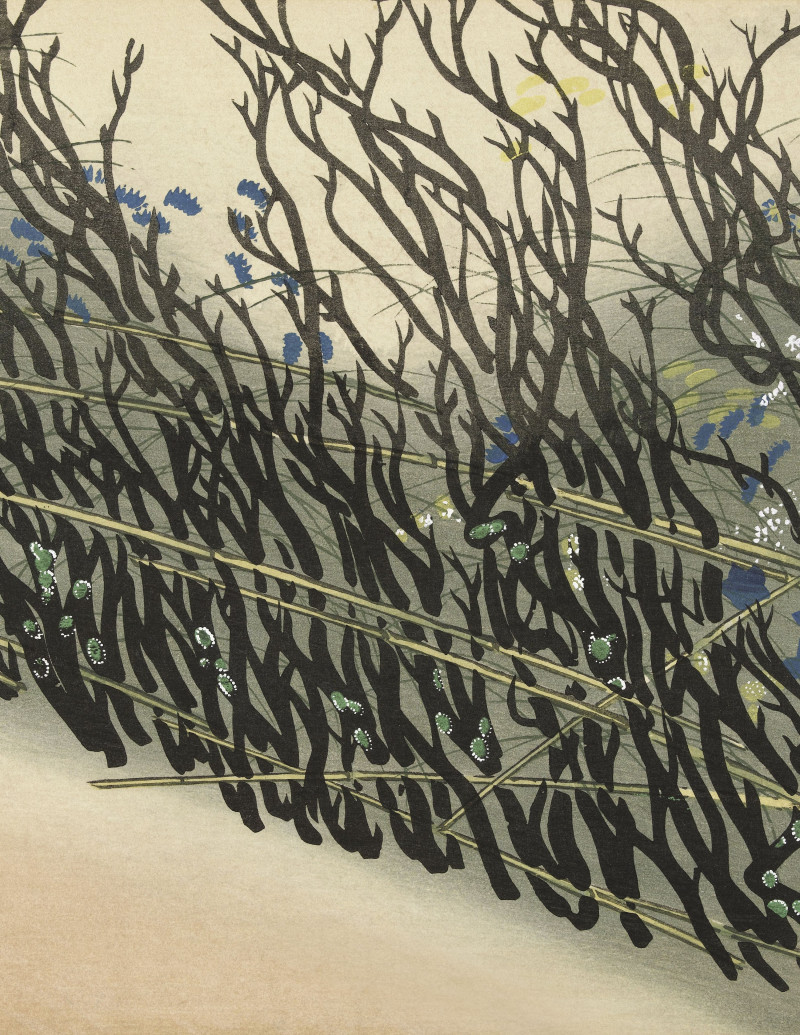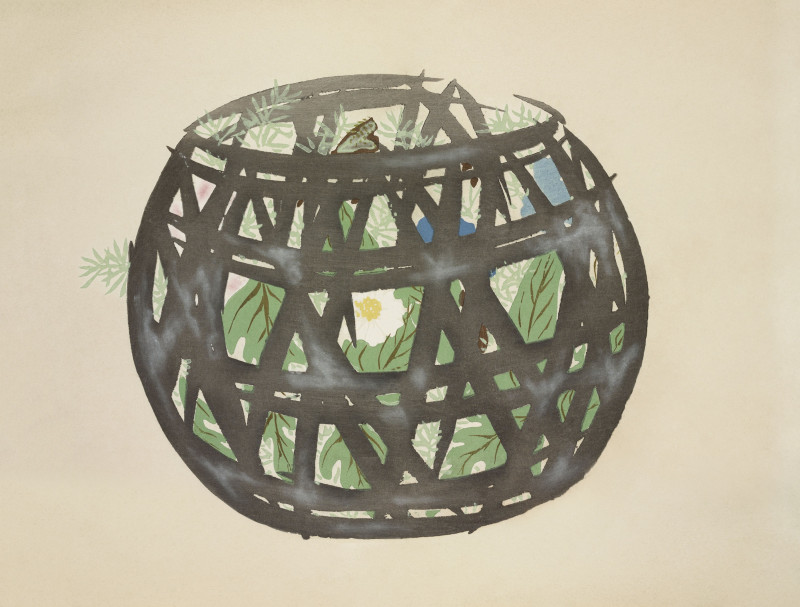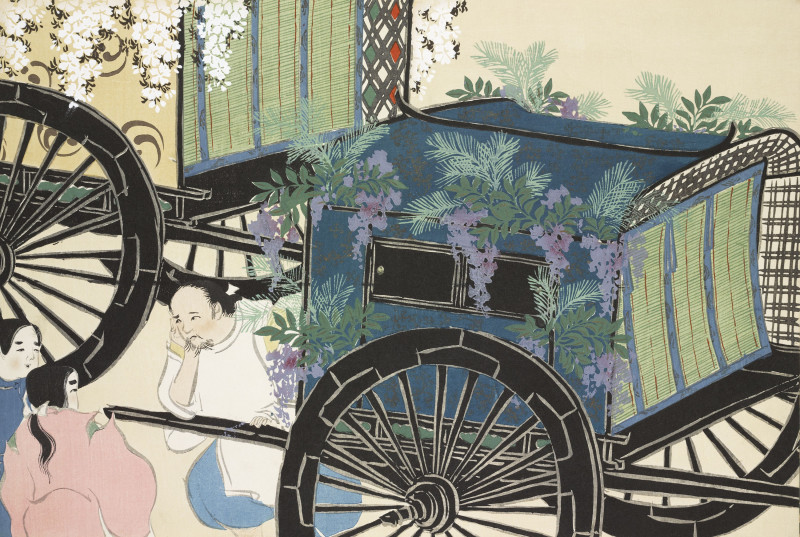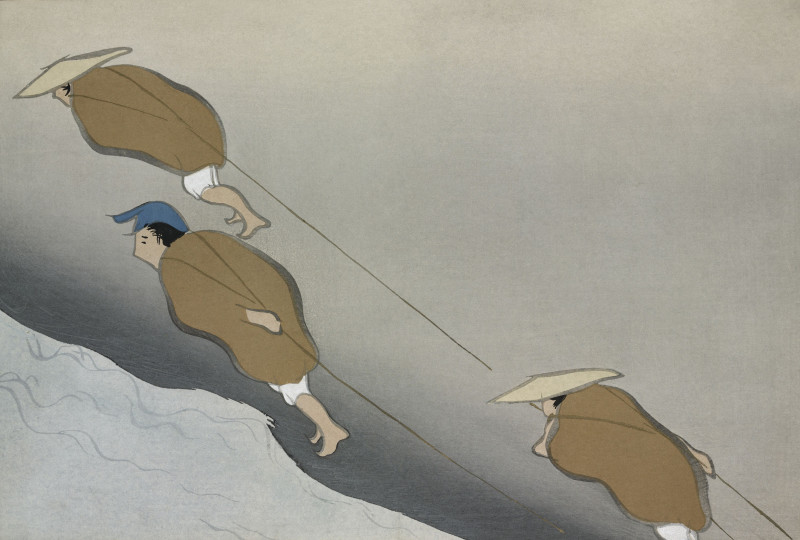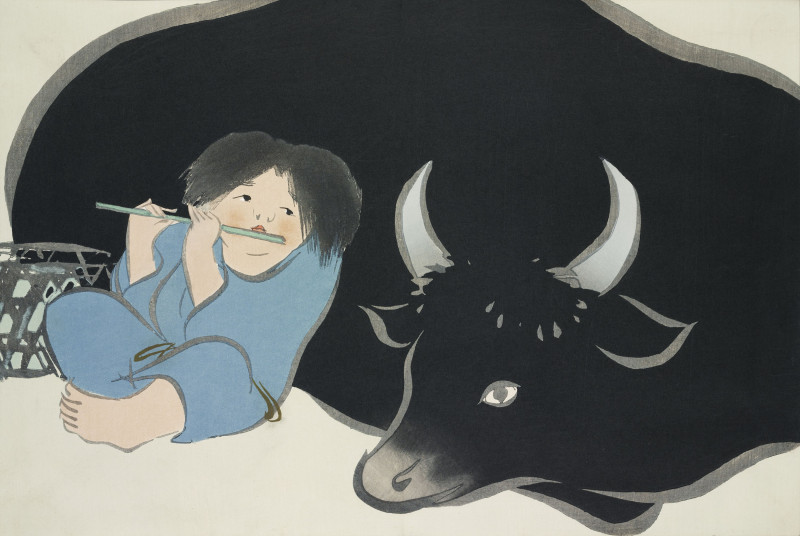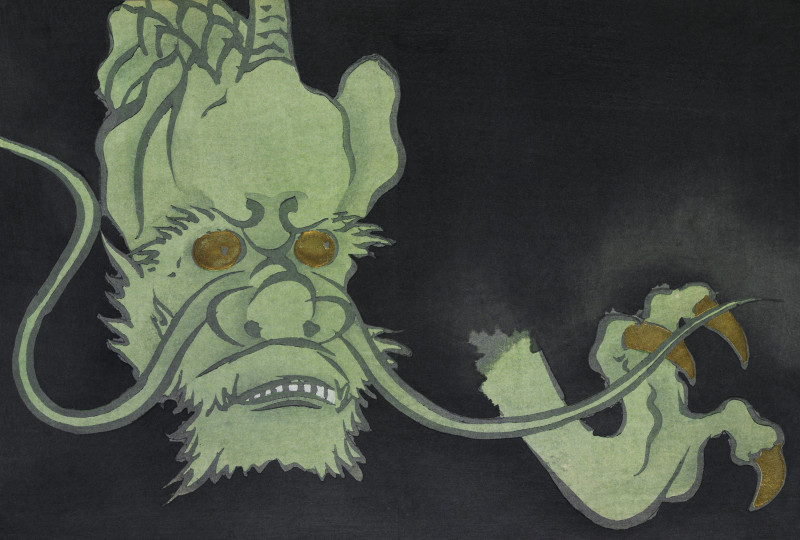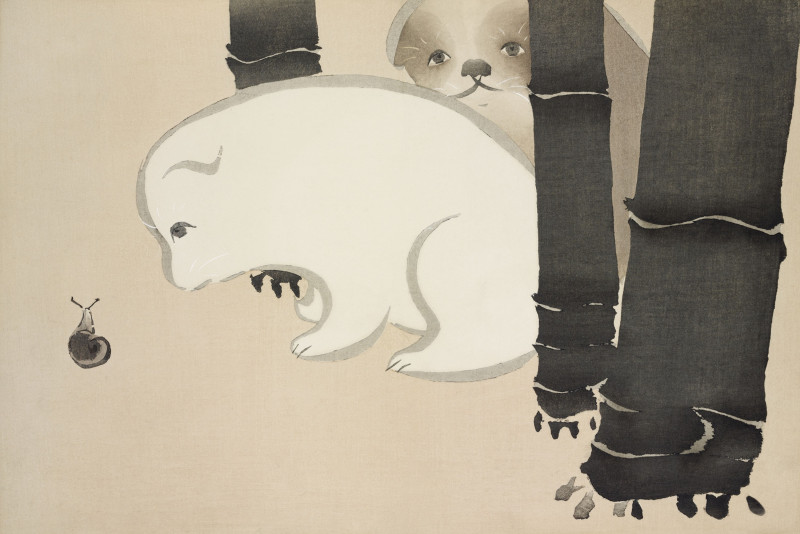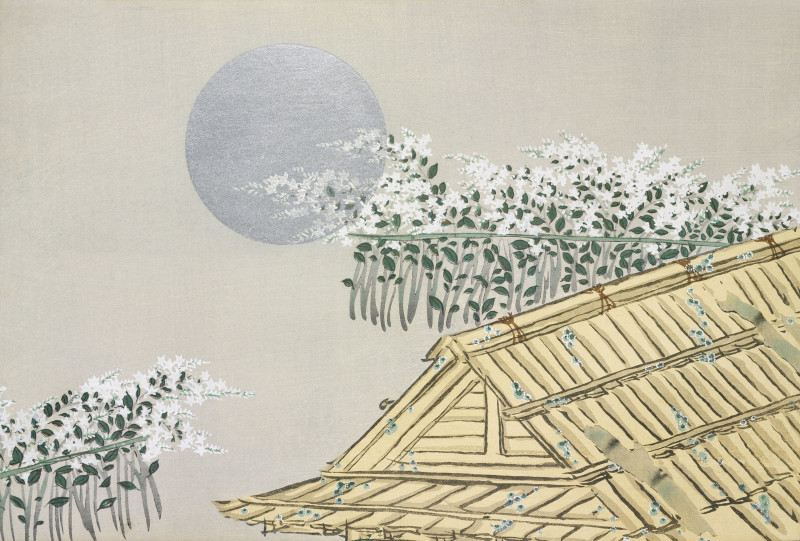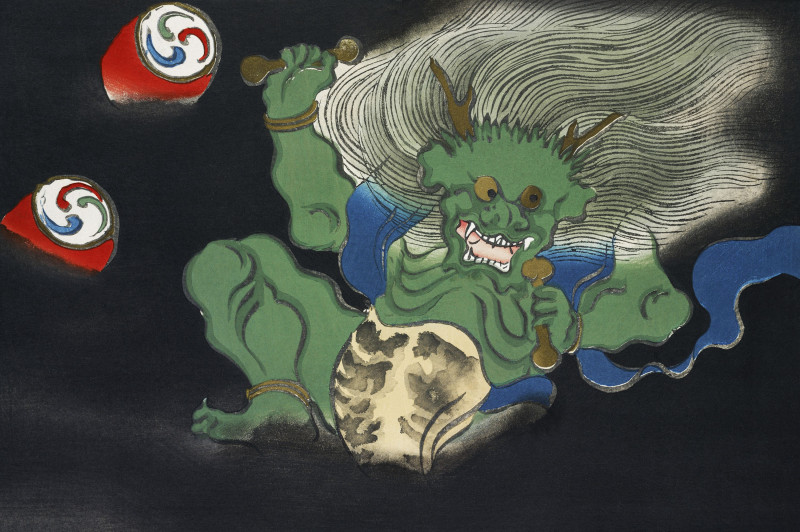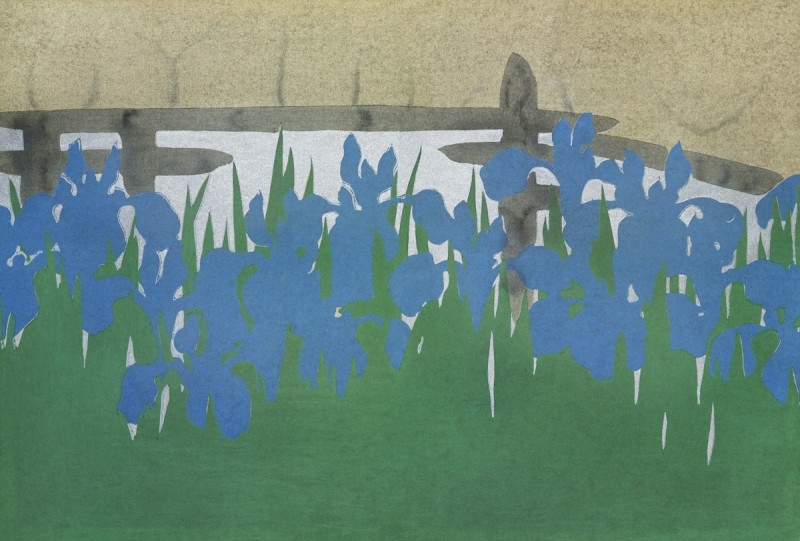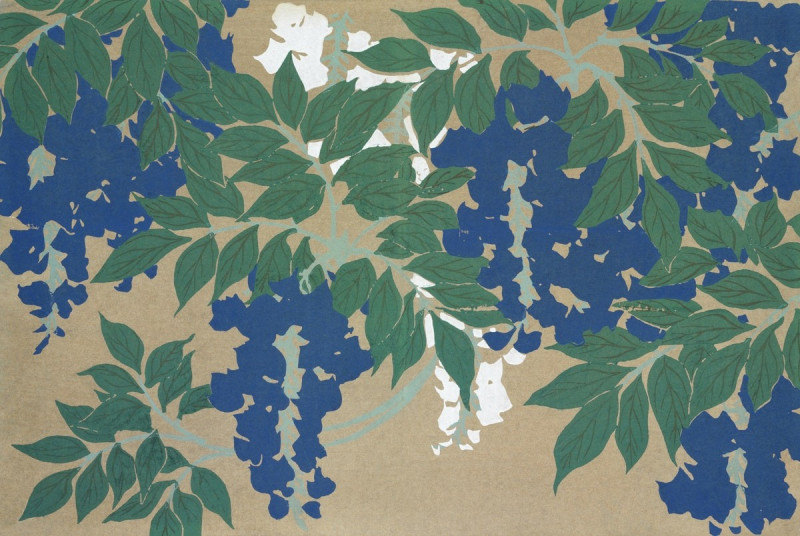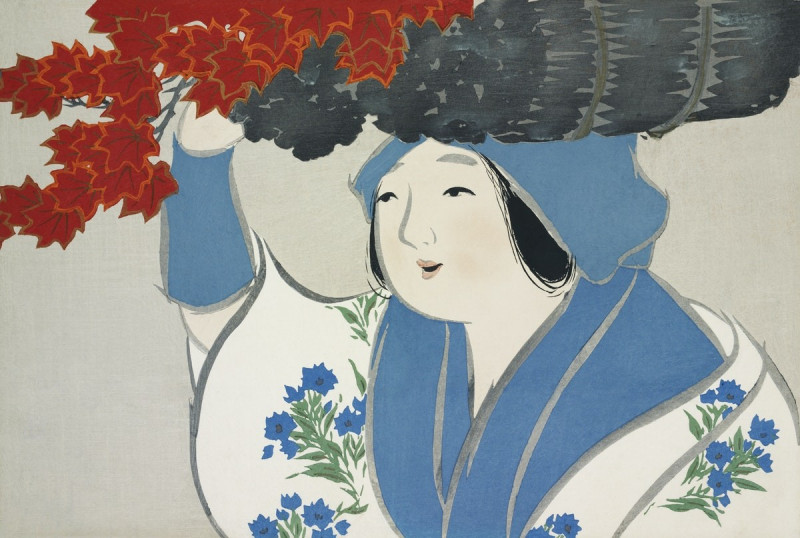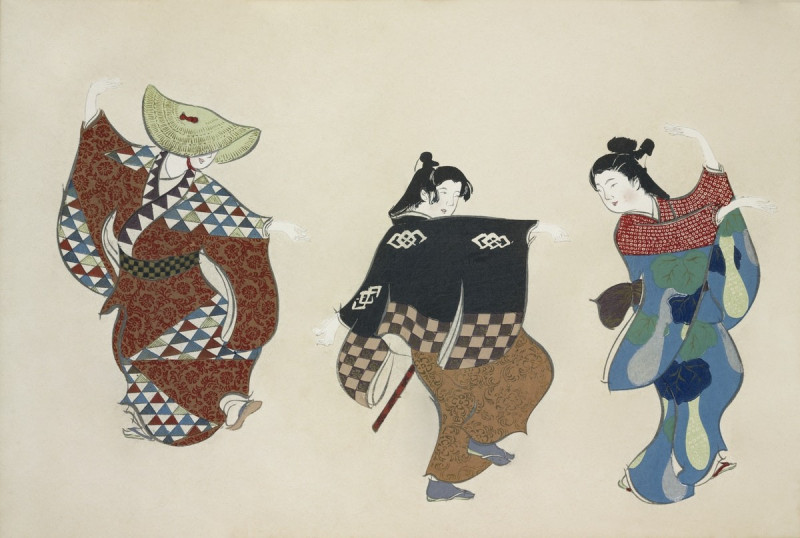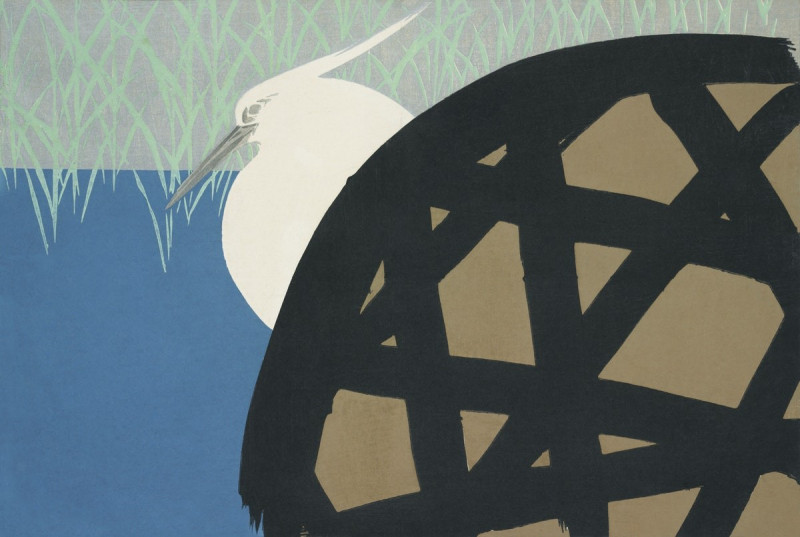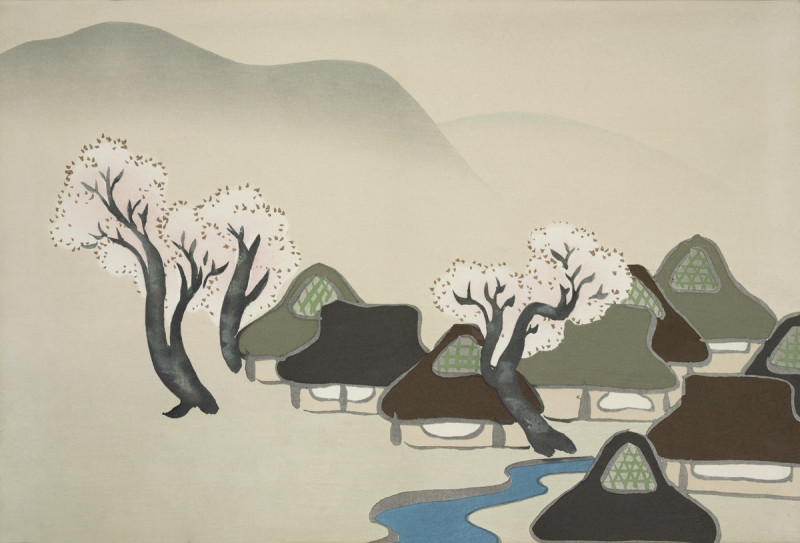Frost from Momoyogusa
More about this artwork
Delivery
Reproductions are made to order and take 5 to 7 working days.
We send them out by courier and delivery takes another two working days.
If you need a reproduction sooner, please contact us - we can usually find a solution and produce it a little faster.
If you don't want to pay for postage, you can pick up your paintings at our galleries in Kaunas or Vilnius.
Returns
Yes, reproductions can be returned.
If you have any doubts more than 30 days after the date of purchase, please contact us - we will take the reproduction back for a refund or offer you a replacement!
We accept a maximum of two returns per customer - please note that we make reproductions to order, so please choose responsibly.
We do not refund shipping expenses.
Kamisaka Sekka was an important artistic figure in early twentieth-century Japan. Born in Kyoto to a Samurai family, his talents for art and design were recognized early. He eventually allied himself with the traditional Rinpa school of art. He is considered the last great proponent of this artistic tradition.

